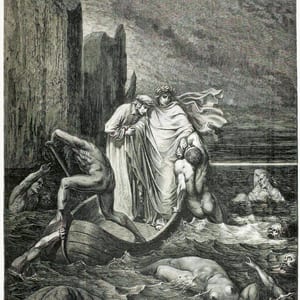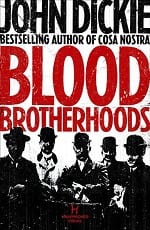An appointment with Dante
By uclzean, on 30 May 2014
Into the spirals of UCL Roberts building I descended. My second UCL Festival of the Arts event was an hour of getting to grips with 13th century epic-supremo – il sommo Poeta – Dante Alighieri.
Professor John Took’s (UCL School of European Languages Culture and Society) profound love and passion for this subject seeped through this hour-long seminar. He must have drawn breath on all of one occasion as he delivered a great river of speech on the man he considers to be the ‘world’s greatest love poet’.
There’s nothing effete about Commedia – the Divina was added later by Dantian disciple and fellow wordsmith Bocaccio. Hell-like apparitions abound. The Roman poet Virgil leads Dante from the dark wood through the layers of the Inferno, through to Purgatorio and Paradiso. Most of all, Took says ‘enjoy the story, my goodness is he a yarn spinner’.
 Close
Close




